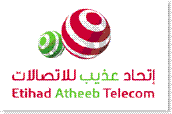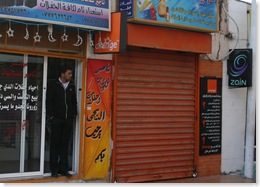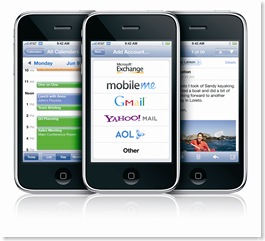Vodafone Qatar CEO Grahame Maher has detailed the challenges that still lie ahead of the operator commercially launching as the country’s second operator, providing more evidence that a launch is only likely to occur in the latter part of the year.
 Vodafone Qatar’s Maher said only half of the required base stations and towers are built so far, with coverage limited to the greater Doha area
Vodafone Qatar’s Maher said only half of the required base stations and towers are built so far, with coverage limited to the greater Doha area
Disagreements over interconnection fees with incumbent Qtel still exist, with the number of base stations rolled out by Vodafone Qatar behind schedule. Just 1,000 customers will be able to use the service during a two-month trial period, which is believed to start before the end of March, and which would meet licensing conditions that required the licensee to launch a service by the end of March.
Maher has said he is confident that outstanding issues with Qtel over interconnection fees and sharing of tower infrastructure would be resolved shortly, after the matter was referred to the telecoms regulator ictQATAR.
The two-month trial will start “sometime in March” and will be limited to within the greater Doha area; with hundreds more base stations and towers required for coverage.
“We’re half way through, we haven’t got as much coverage as we would have liked,” Maher acknowledged to local press.
The trial will involve 1,000 pre-registered customers who will be offered discounted call rates of 55 dirhams (US$0.15) per minute for national calls and 40 dirhams per SMS. However, customers must pay an initial fee of QAR70 and must own a credit card, as the Vodafone system can not handle cash payments yet.
Alcatel Lucent is responsible for the construction and integration of technologies across the country and EDS is handling the IT side of Vodafone’s network.
Additionally, Vodafone is still waiting approval from the Qatar Financial Markets Authority (QFMA) for a date for its initial public offering (IPO). A requirement of the mobile licence required the company to IPO before November 30 last year, but this was delayed due to adverse market conditions.







